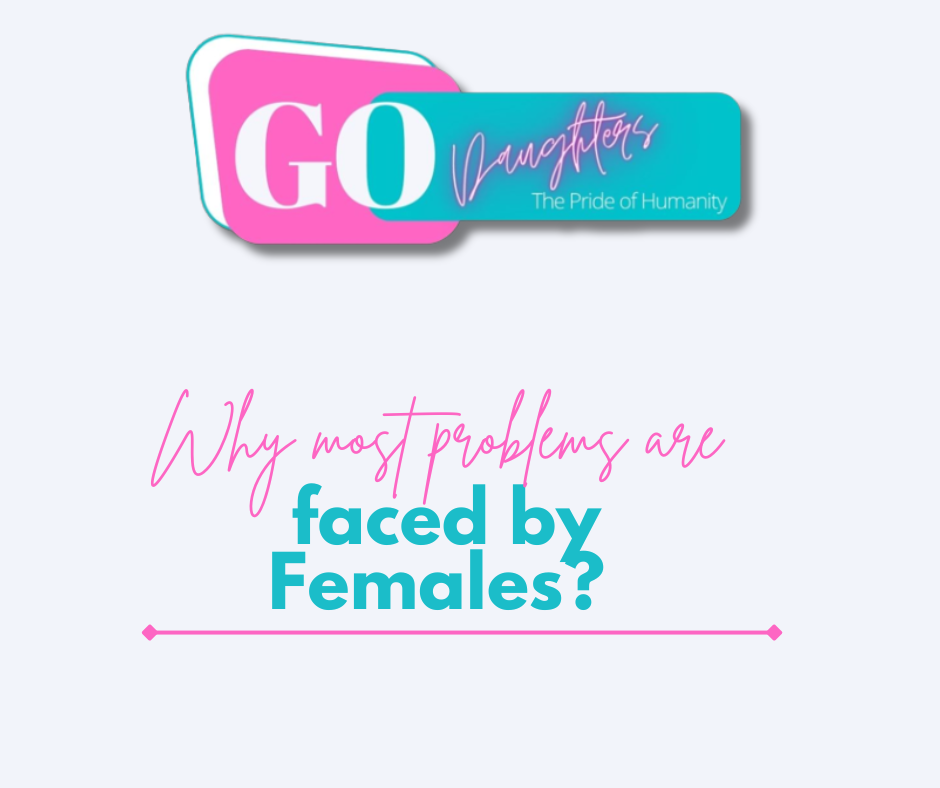
Gender inequality is a persistent problem in many societies, and women are disproportionately affected by various issues and challenges. Here are some reasons why most problems are faced by females:
Patriarchy: Patriarchy is a social system where men hold dominant power and control over women. This system creates an imbalance of power and results in the oppression and marginalization of women. Patriarchy affects all aspects of women’s lives, from their education and career opportunities to their personal safety and health.
Sexism: Sexism is a type of discrimination that is based on gender. Women are often subjected to sexist attitudes and behaviors that limit their opportunities and freedoms. This can include wage discrimination, sexual harassment, and other forms of abuse.
Economic Inequality: Women are often paid less than men for the same work and are also more likely to work in low-paying jobs with limited opportunities for advancement. This results in a higher poverty rate among women and a greater dependence on men for financial support.
Health Disparities: Women face a number of unique health challenges, including reproductive health issues and higher rates of certain conditions such as osteoporosis and breast cancer. Women are also less likely to have access to adequate healthcare and face greater barriers to accessing services.
Domestic Violence: Domestic violence is a serious issue that affects women globally. Women are more likely to experience physical and sexual abuse from their partners and are also more likely to be killed by an intimate partner.
Education Disadvantages: In many parts of the world, girls are less likely to receive an education than boys. This results in lower literacy rates and limited opportunities for career advancement.
In conclusion, while women have made significant progress in recent decades, there is still much work to be done to address the challenges faced by women. Gender inequality and sexism are complex issues that require a multifaceted approach to address. It is important for individuals, organizations, and governments to work together to promote equality and empower women to overcome these challenges.




